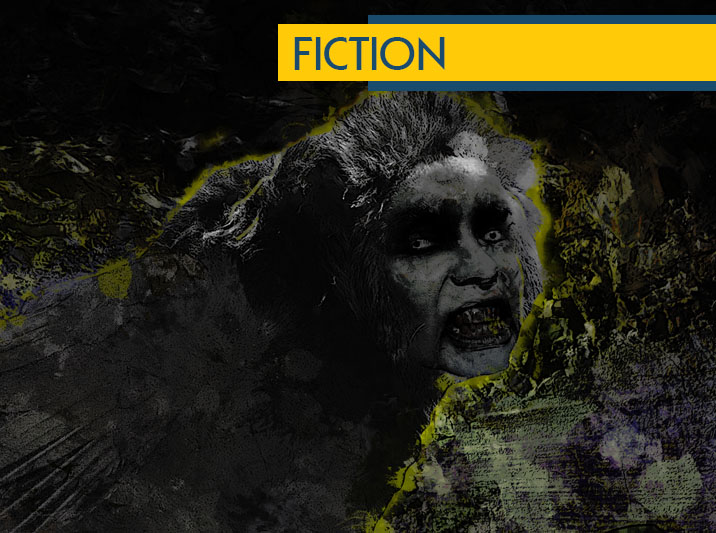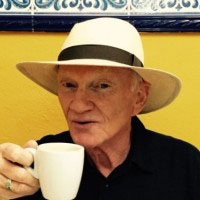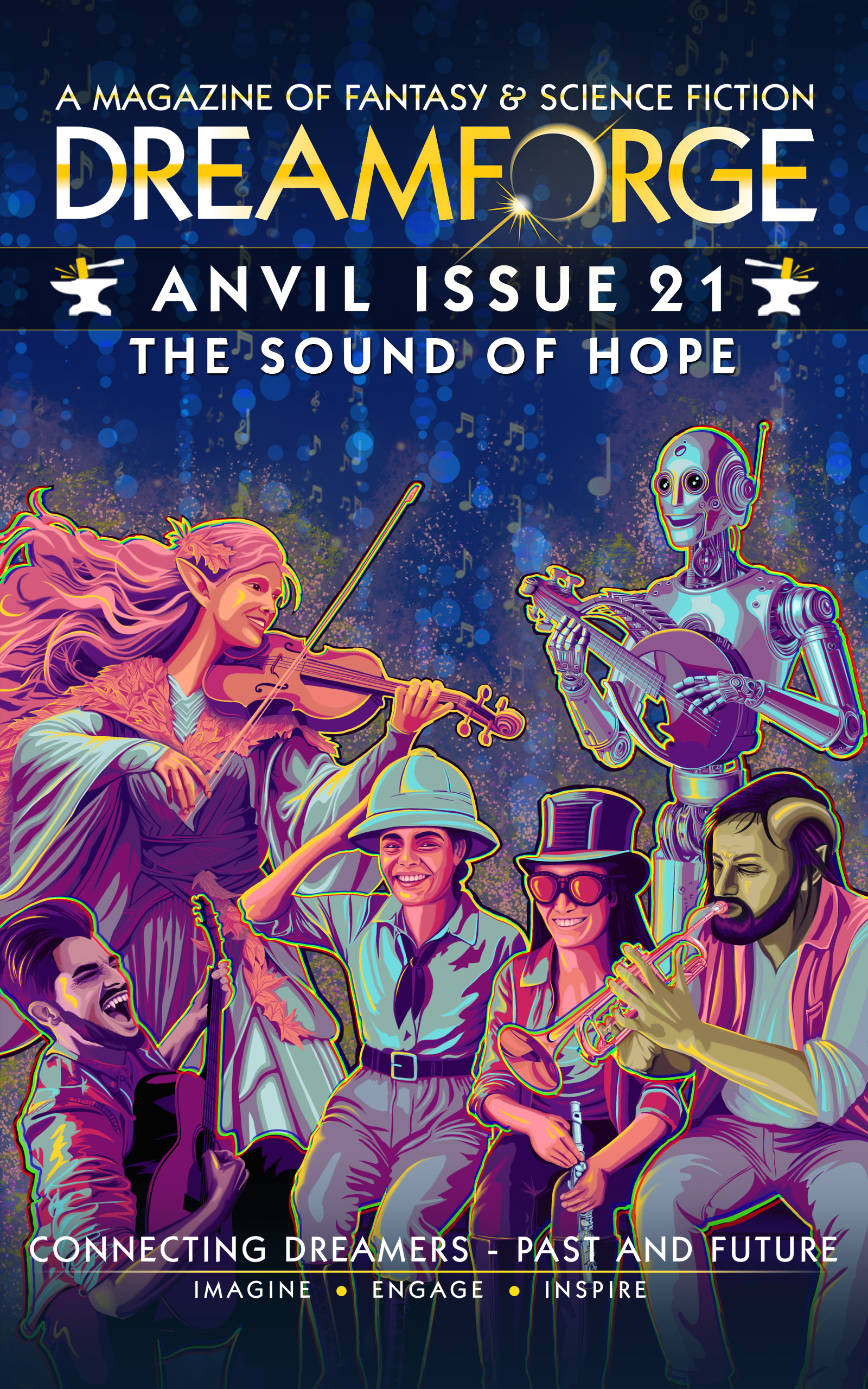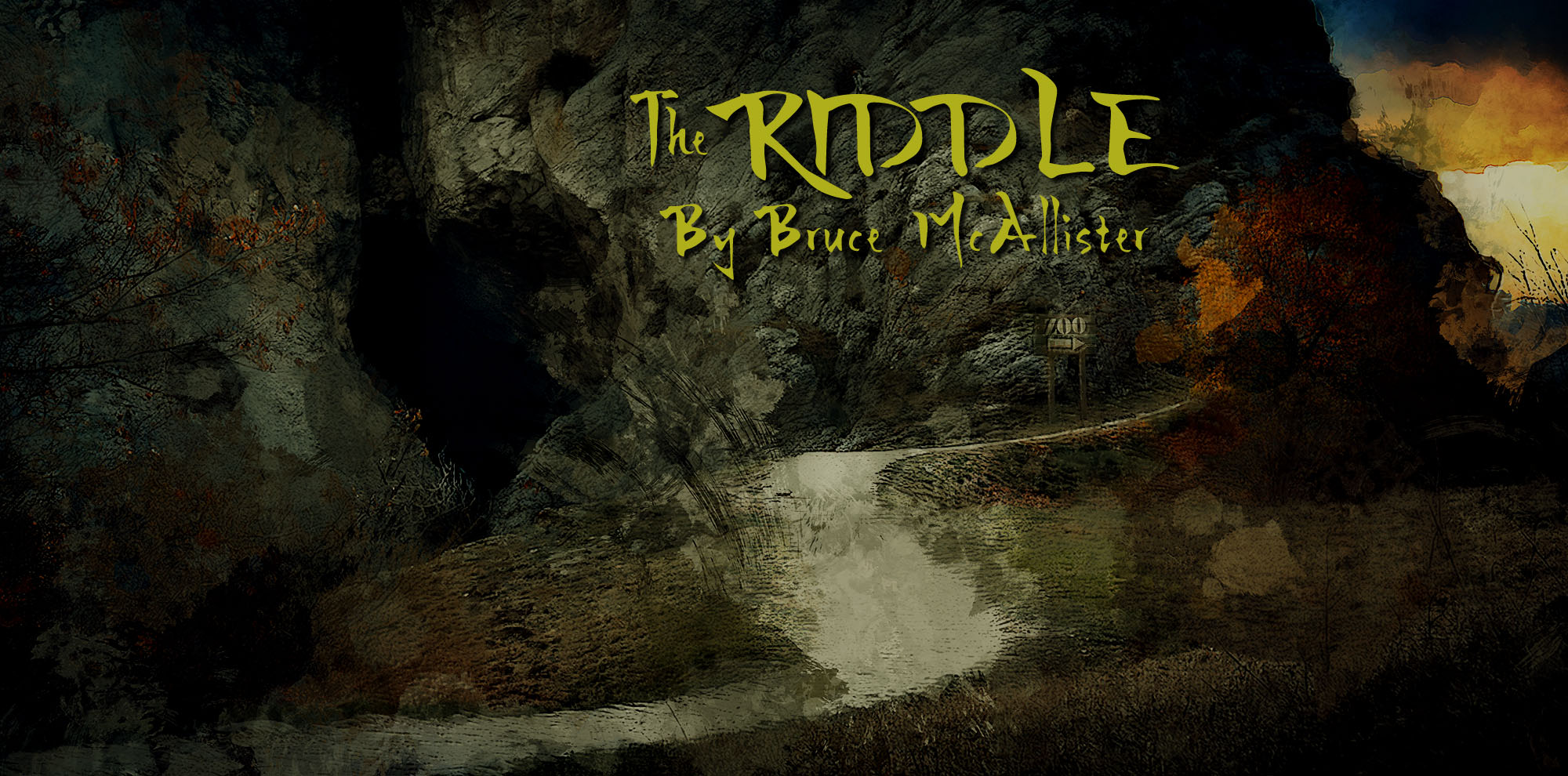
Answer me correctly, Oedipus,
or this day will be your last.
–The Sphinx of Naxos
When I was young and living in that northern Italian fishing village with my family —this was during the Cold War— there was a cave at the top of the biggest hill, and, mere footsteps away from that cave, an unsightly little zoo with one poor, mangy lion. The lion was so sad to look at that my schoolmates and I visited the zoo only once or twice and then stopped. We never knew who owned the zoo. We met only the ticket taker, an old man who talked to himself, and we weren’t sure anything lived in the cave, which, we could see from the walkway, was big enough for ten Fiat Topolinos.
After I returned with my parents to the United States and we lived in seaside cities there until my father retired from the Navy, I would receive updates about the village from my schoolmates and friends of my parents. This continued for many decades, but about Pupa I heard little. The Contessa’s daughter —whom I met only once and, though she was older, spent an afternoon with in the Villa Corsini’s gardens— had grown up, too, of course, and for some reason had bought the sorry zoo, I learned. Her name was Pupa, not an uncommon name, and one that meant “doll,” and we’d been invited to the villa that day because my father was an American officer and the Contessa with her great shock of white hair wished to meet us. What Pupa and I did that afternoon —laughing at the grownups and hiding from them and sharing secrets— was ours and ours alone.
“Have you ever seen the lion, Bradley?” Pupa had asked me that afternoon, when we were both so young and she looked so unhappy.
“I saw it once,” I answered in my middle-school Italian, “and do not wish to visit it again.”
“How very unkind people have been to it, don’t you think?”
I nodded, and, though I was only fourteen, I remember answering: “Human beings can, in their heartlessness, be surprisingly cruel….”
“Yes…” she answered, eyes on something far away, and then on the villa, as if it held secrets. I would learn later that her brothers, Luca and Mauricio, who were much older, had been very unkind to her growing up, and, or so the rumor went, might have had something to do with their father’s and grandfather’s death on the road to Genoa, the road the two men often traveled together for business. The brothers no longer lived at the villa, enjoying as young, emancipated adults the fortunes they’d inherited from those deaths.
The one person who’d truly loved her, Pupa told me that day, had been her grandfather, a man who’d grown up during the Egypt Mania of the 1920’s and who’d taken her when she was ten to see Cairo, the Pyramids, Tutankhamun’s Tomb, and the Sphinx of Giza. She had loved that trip, and from then on had also loved all things Egyptian, especially, she confessed, the
Sphinx and its Riddle. She kept “sphinx moths” in a hothouse at the villa, she confessed as well, and promised to show them to me —how they came out at dusk to drink, like hummingbirds, from the trumpet vines— if I would return one evening to see her. She also had two Sphinx rings her grandfather had given her, both gold, with the Sphinx’s face on them. She held her hand up so I could see the one she was wearing, and added that she would give me the other one when I returned to see the moths at twilight. I promised I would, though in the end I did not keep that promise because the Contessa grew sick, and we were never invited to the villa again.
Why she was telling me these things, I didn’t know, but, being a sensitive kid, I teared up at how much she missed her grandfather (who had died when she was twelve), and by how much she had loved him (and he her). I am sure she saw that tear.
Her mother might have loved her, too, she said, but the woman was mentally ill and her medication rarely worked. She was too “dall’altro lato” —“on the other side”— to love or be loved, was how Pupa put it.
In a video call from her eight decades later —yes, eight— when I was married, with three grown children, four grandchildren, and, somehow, two great-grandchildren, she wanted me to know she was still alive (Un piccolo miracolo! she exclaimed). However, she went on, she had started to “change.” I didn’t know what that meant. All human beings change, but I knew she meant something else.
“I am working on myself,” she said. The Italian idiom for this did not make things any clearer.
“I am working to change myself,” she went on, “in order to become what I need to become.”
The video call did not show her. The screen was dark— audio only. She had earlier sent a photograph, a still, of herself, but it was confusing, too.
Her father had founded and owned companies that were early leaders in the new sciences, but especially longevity pharmaceuticals and, most gloriously, genetic engineering. In fact, his gentech companies had been famous for years for both prolonging the lifespans of humans and for their engineered farm animals, pets and imaginary zoo and theme-park fauna— the “forever kittens,” songbirds that sang your favorite song, schools of fish that made art to music, and miniature elephants with glowing skin and fanciful tusks. That I knew. Pupa had loved the pets her father’s companies had made for her, especially the one-of-a-kind golden Sphinx, with its little wings and simian-stock head. But what the photograph she sent really meant I did not understand until, a year later, in the cave, I thought again about those companies, which she had inherited and now ran, and about her grandfather, his love of Egypt, how much she had loved him, and how important riddles had been to them both.
What goes on four feet in the morning…?
Man.
In the photograph, she had shaggy hair, no longer the dark tresses that had captivated me that day, but a bronzy yellow. Her cheekbones had been altered. Her eyes were yellow, too, which at the time I assumed was from contact lenses, though it was not. Her breasts were a woman’s now, fuller than I’d imagined they would be, and oddly perfect, like a sculpture. To make the photograph even stranger, her breasts, though the nipples were not showing, looked bare. She wasn’t wearing a blouse. Why? She seemed not to be aware that she was naked, and for a moment I worried about her sanity. Had her mother’s genes finally taken her? Had dementia, rare as it was today? It was a terrible thought.
But then, beyond the blank screen, she said:
“Do not worry about me, Bradley. I have not lost my wits. The genes that cursed my mother and kept her from love I have had fixed in myself, with the companies’ technicians.
What I am becoming demands a nakedness that human beings find frightening….”
A year passed before I received another communication, another blind video— this one an audio recording. In it she said: “I remember that day, Bradley. We laughed and you were kind and I felt you liked me when other boys and men did not. Something has happened —not bad, but quite wonderful— and I am hoping you will visit me as soon as possible so that we can celebrate together before I leave this world.” And then, like a little girl, she added: “Meet me at the zoo— at the cave!”
She was dying? How could she sound so happy?
I was ninety-four and had my health thanks to science —my body still obeyed me— and I traveled often with family. I flew immediately to Genoa and took the tiny monorail south through the stone tunnels to the village. I would feel terrible if she passed before I could see her. She remembered me as fondly as I remembered her, it appeared, though we had had only one afternoon of laughter and secrets. I had been smitten, yes; I’d had a crush on her, and that crush had lasted for years, beautiful as she was, with her mother’s big eyes, dark hair, and wonderful Roman nose.
When I reached the villa, taking a human taxi from the village, which had become a frenetic, expensive tourist town, I could see how badly the villa had aged, the exterior walls cracked and mildewed, the trees and hedges like a wilderness. Where was Pupa? Had she run out of money and lived somewhere else?
An old woman in black —a servant— stood on the massive front porch and told the taxi driver in his battered Fiat to take me to the abandoned zoo, which the driver (Perche e vecchio e ricorda, she explained— Because he is old and remembers) would know how to reach even if I had forgotten. She said she was sorry that she did not remember me, that she hadn’t been alive then, but that her mother, who had served the Corsinis too, remembered my family from the village and often spoke of us. “How gentile and simpatica your family was,” she said.
The driver stopped before the rusty gate where the dirt road led to the zoo and said he could go no further. I told him that was fine and paid him in cash, the old lire, not the New Euros, and with a generous tip, which brought a smile. The economy of his country, I knew, wasn’t at the moment very healthy.
“Is there someone I should see at the zoo?”
“No,” he answered, the smile gone. “There is no one there anymore. You should go to the cave if that is where you’ve been told to go, Signore. Do not be concerned.”
Why would I be concerned?
He tried to smile again and waited for permission to leave— as if he were abandoning me and felt bad about it. I nodded, and he drove away slowly, looking back once.
I walked to where I remembered the cages had been. They were indeed still there, rusting away, and without animals. The little wooden shack where the ticket-taker once sat was empty, window glass broken, door hanging from its hinges. The cave, I remembered, was further along the road, so I kept walking. It was later in the day than I had hoped, but I still had a few hours before twilight.
The mouth of the cave was dark. I stopped. Why meet here?
I heard the crackle of a speaker system and a voice. At first, I thought it was a taped recording, but it was not. It was the voice of someone present, of someone very aware I was there.
“Come in, Bradley,” the voice said. It was Pupa, her voice, but disembodied.
A “real-time, Broca-driven voice clone”? They were common enough and were no doubt wireless now, nothing attached to a skull. I had not kept up. I had been a professor of international literature for thirty-five years, passionate about human literary creations across the world, but incredibly ignorant of technology.
But why would she need a clone? Could she not speak?
“Ciao, Pupa,” I said in my best Ligurian accent. “Thank you for the invitation, but I am confused….”
“Come inside, Bradley,” the voice insisted, and I did. My first steps were hesitant, but then I realized there was a faint light somewhere in the cave, and my eyes would adjust at least a little.
The light was beside a pile of earth that had been left in the middle of the cave entrance, or that is what I assumed it was.
“I am sure you are,” the voice said.
“How are you, Pupa?”
Was she hiding in the cave from the eyes of others? Was her body ravaged by time and dying, as she seemed to say in her last communication, and she didn’t want anyone to see it? But why the cave?
“The poor lion we talked about died many years ago, Bradley —I remember the day I heard about it— but I myself am very happy. That is why I wanted you to come, to see that not everything in life must be sad.”
It was then that the great mound of earth in the dim light moved. It shifted, rose a little,
settled, and a sound, like a moan, and then another, issued from it. The sudden smells —animal waste and rotting meat and something else— were intolerable and I choked and coughed. Was it an animal, this thing that moved? It couldn’t be. More than one?
I couldn’t help myself. The smells and the shape before me made me step back, but the voice said, “Do not be afraid.”
“You knew I would have to come,” I said at last. “Such a mysterious invitation, Pupa. I remember that day so well and have thought of you so often during the years. I had to come….”
“Of course you did.”
The mound of earth, which was even larger than I’d first thought, moved again, settled deeper, and a piece of it rose as if to regard me. The dim light backlit it, so I could see no features, but my hammering heart still wanted me to leave. What had Pupa brought to this cave? What was living here with her? Had the genes she claimed she’d fixed overruled the sanity?
“I am,” the voice said, “going to turn on another light, a bright one, to show you why I wanted you here with me. You will see my happiness, the one my brothers did not want for me.”
When the light went on, that hammering heart nearly left my chest, and I staggered.
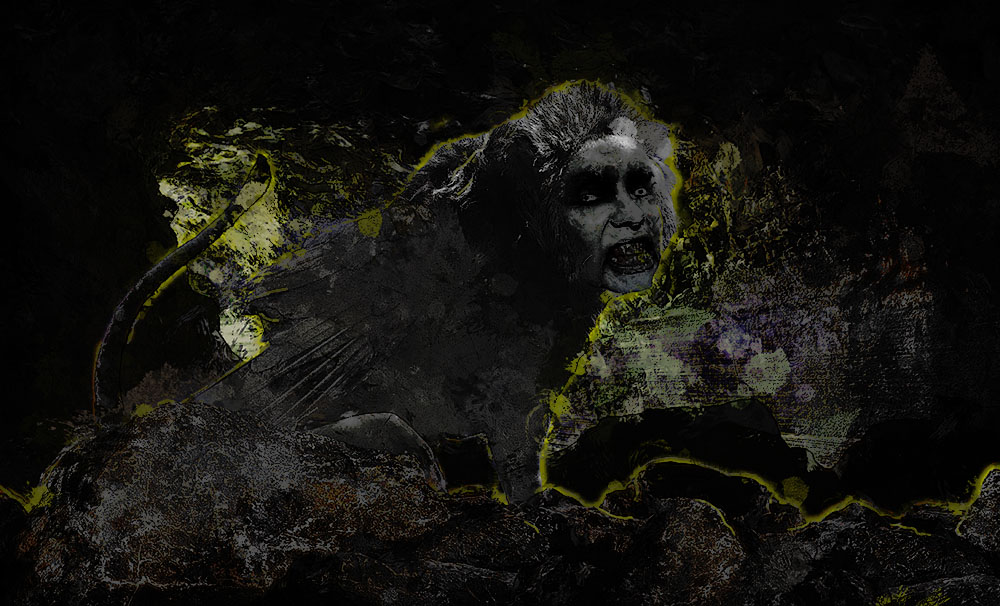
It was an animal, yes, but not one anyone had ever seen before. A myth given flesh and bone. A woman’s ponderous head, an immense lion body whose fur was patchy from illness, and atrophied wings with twisted feathers that no longer resembled feathers.
The body’s breath, as it breathed in and out deeply, was hideous, indeed the smell of rotting meat, and my eyes burned. For a moment, I couldn’t see.
When I could, I stared into great human yellow eyes —each the size of a teacup— as Pupa’s voice said:
“Do not be afraid. This is who I am now, Bradley. Am I not perfect?”
I nodded, trying hard to think.
This cannot be you, Pupa, I wanted to say.
But it was.
I was thinking of the companies she had inherited, the companies that had made this possible. I was thinking of the photograph. Had that been the beginning, or had the change begun long before that? How long does it take to change a human body this way?
“I may or may not ask you the Riddle, Bradley, but if I do, it will be because I know your answer will be kind. You are not like the other men. You have never been like them.”
I knew then, my eyes burning again, what had happened to her brothers.
The Riddle was famous. Everyone knew the answer, or thought they did. She had invited her brothers to the cave, and, old but physically young, like anyone of wealth these days, they had come willingly, curious and amused and contemptuous, even in the face of what she had spent her money becoming. She had asked them the question, and the answer they had given was wrong, though the world thought it correct.
Was I smelling their flesh on her breath?
“They have not been the only ones I have asked, Bradley,” the voice was saying. “There have been other men —leaders of my own companies even— who have been unkind as well.” Then she added: “Why is it that the ones who love us die when we are young, Bradley?”
“I don’t know, Pupa,” I heard myself say, my voice hoarse, someone else’s.
The eyes blinked. The human jaw opened in a yawn that could have swallowed my head. The breasts heaved violently, as if short of breath, and the immense paws, crusted with something I did not want to think about, curled not in threat but in a sickly happiness.
Weak as the creature was, its arms could have reached me easily. The gate had closed behind me and was almost touching my back.
“I am ill, Bradley. I wanted to see you again— for a final tear, should you have one, because I think you loved me that day.”
It took me a moment, but I managed to say: “I did….”
And: “I loved you for years, Pupa…and still do.”
Did I make these declarations out of fear, so that she would not kill me, or out of simple compassion, or out of actual love? I wasn’t sure. Did I still love that girl in the afternoon sun? I think I did.
“I knew it wouldn’t last,” the voice was saying, more slowly now. “You can’t turn an old woman’s body into a creature like this and have it last…. The mutations appear immediately, even with the best science of the moment, with unceasing re-modeling and the finest technicians…. ‘You have asked for too much too soon, Contessa Corsini,’ they told me. But I have done what I needed to do…and I am happy.”
“I wish,” I heard myself say, “that we’d spent more time together, Pupa. I wish we’d had many afternoons, so that you didn’t have to feel alone in the cruelty of your brothers and I alone in two marriages of comfort but no real love….”
There was a sound not unlike a growl or like an immense stomach that was dying, and she said:
“I should have liked that, too, Bradley…”
“Do you wish me to stay, Pupa?”
“A little while, yes….” The words were coming in groups now, pauses between them, weak as she was. “Just so that I can see your face— which, though so much older…is still the boy I remember…. These eyes see things differently…and yet I do recognize you. These lungs breathe differently, too…smelling a different world, and my hands, with their claws, do not know what to do with themselves…. except to tear apart those who fail me. I am dying because of them, I think…because in making this body for myself…I did not think carefully enough…even with all of those resources…what eating human flesh to the exclusion of everything else might mean. I wanted to tell the story perfectly…as my Nonno told it to me…and that was foolish.”
Again, I did not know how to answer.
“Are you…afraid, Bradley?” the voice asked suddenly.
“Why….?”
“Because you are thinking even now…that I may ask you the question.”
I stopped breathing. If she asked me the Riddle, I would fail the way other men had failed. That I knew.
She was indeed insane.
“My brother Luca was sure he knew the answer…. He was arrogant, not at all afraid of what he saw when I turned the light on. He laughed at what I’d made of myself…saying, as he’d done so often when we were young…. ‘What a pathetic girl you are. How hopeless. How stupid…. How ugly….’ Even Oedipus…wasn’t so arrogant…though his answer was wrong…was an answer only men…would imagine was right.”
I didn’t understand.
The creature sighed, and I turned my head away from the smell.
“I have decided to ask it, Bradley, to show you what you need to see.” The voice paused, and then, as my heart thundered so loudly I could barely hear the words, it said:
“What goes on four feet in the morning…two feet in midday…and three feet in the evening?”
I stopped breathing.
If “Man”— a child crawling on all fours, an upright adult on two, and an old man walking with a cane —the answer the world thought right— was wrong, what could I possibly say?
“If you love me,” she was saying, “you will know the answer, Bradley….”
What did she mean?
I thought of Pupa that day as we played, her sadness. I thought of the men who’d hurt her, who’d told her again and again that she didn’t have a right to exist, and how many had lived this story….
I said the only thing I could think of.
“Woman,” I croaked.
I expected the claws to reach up and take me, and the great human, stinking mouth to begin consuming me, but instead there was a silence. Nothing moved under the bright light except another sagging of the dying body.
“Yes….” the voice said at last.
As I squinted to see better, the body began to eat itself, starting with its own leonine arm, because that is what it needed to do to make the story once told by a loving grandfather, one a girl did not want to disappoint, true.
I returned to my family in the States. I did not tell anyone about the cave, nor did the carabinieri in Liguria ever contact me, nor did Corsini relatives ever send me an invitation to any kind of service. One day not long after, I found on the net a photograph of her as a young woman —“one of Liguria’s happy royals,” the caption read— taken only a few years after our afternoon at the villa. I studied it whenever I was alone in my house, so I would not forget the girl I remembered. When, years later, one of my great-great-grandchildren, who was eleven and studying the ancient myths of Western Civilization for school, asked me about the Riddle of the Sphinx, I told her that Oedipus had been wrong and so there had been no need for the Sphinx to die. She looked at me puzzled, and then, wide-eyed, said she had questions. Could she ask them? “Of course,” I answered. “Of course you can.”


